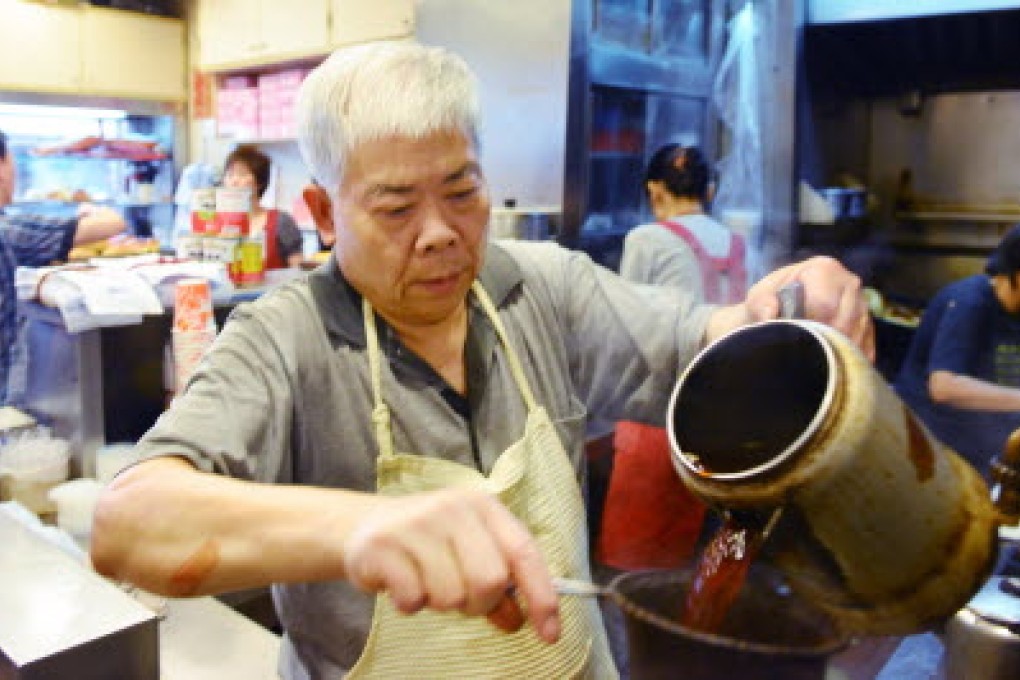Cheap coffee triumphs over expensive espresso in giving caffeine fix
A cha chaan teng offers more coffee per cup than its upmarket rivals in test results that awaken drinkers to the price of a caffeine fix

Many rely on an espresso from an expensive coffee shop if they need a caffeine charge for the day, but they'd be better off with a humble coffee or milk tea from a .
In results that surprised a dietician, tests have found that a coffee from one of the city's trademark restaurants can contain up to six times as much caffeine as a coffee-shop espresso.
And even a milk tea can contain more than three times as much, results of the tests by the Consumer Council and the Centre for Food Safety show.
While coffee-shop espressos contained an average of 97 milligrams of caffeine per cup, with a range of 62mg to 170mg, and fast-food shop coffees had on average 200mg in a range of 110mg to 380mg.
Registered dietitian Priscilla Lau Li-yi, of Holistic Nutrition Consultants, said a normal person should consume only 300mg of caffeine a day.
